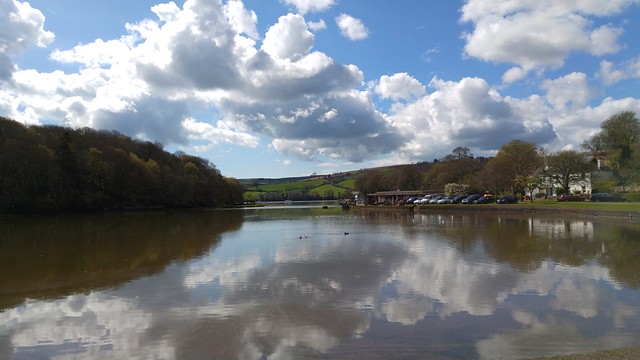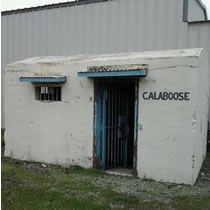
I spent the weekend in Devon with my brother and his family. It was my nephew’s first birthday yesterday and I was there mainly to celebrate that. My journey, a long and meadering one, took me through some places with interesting names, such as Exeter, Teignmouth, Dawlish and Paignton.
As well as admiring the scenery, I started wondering about the origins of these names, and in the case of Teignmouth, how to pronounce it.
Exeter comes from the Old English Escanceaster, and is named after the River Exe, with the Old English suffix -ceaster (fortres, fortified town). So the name means “fortress on the Exe”. The Welsh name for the city, Caerwysg, means the same thing.
The River Exe gets it’s name from the Latin isca, which is what the Romans called the fort they built where Exeter is now, in 55AD. They later called it Isca Dumnoniorum (Watertown of the Dumnonii), to distinguish it from Isca (Augusta) or Caerleon in South Wales.
The Latin name isca is a modified form of a Brittonic root meaning “water” or “abounding in fish”. Other river names from the same root include Esk, Axe and Usk. I think the root referred to is the Proto-Celtic *udenskyos (water), from the Proto-Indo-European *wódr̥ (water) [source].
The Proto-Indo-European *wódr̥ is also the root of words for water in Germanic, Slavic, Baltic, and Goidelic Celitic languages. It is the root of words for wave in the Romance languages (onda, unda, onde, etc), and of an obsolete English word for wave, und, from the Middle English unde (a wave), via the Old French unde (wave).
Teignmouth is pronounced [tɪnməθ] and comes from the Old English Tengemuða (mouth of the stream) [source].
Dawlish, according to Wikipedia, comes from a Welsh river name meaning ‘black stream’. In Roman times it was known as Dolfisc (dark river or the devil’s water). According to dawlish.com, Dawlish was originally spelt Deawlisc, a Celtic (Brythonic) word meaning ‘Devil Water’, or from a word meaning “black stream”, which is cognate with Welsh du (g)lais (black stream).
Paignton [ˈpeɪntən] comes from an Anglo-Saxon name meaning Paega’s town.
In case you’re wondering, the photo is of the mill pond and River Dart in Stoke Gabriel, where my brother lives. Stoke comes from the Old English word stoc (place), which also has two two specialised meanings: (1) a religious place and (2) a secondary settlement [source], and Gabriel is a saint/angel associated with the area. The Dart apparently gets its name from a Brythonic Celtic word meaning ‘river where oak trees grow’ [source]. If you click on the photo you can see a larger version, and some of my other photos from Stoke Gabriel.



